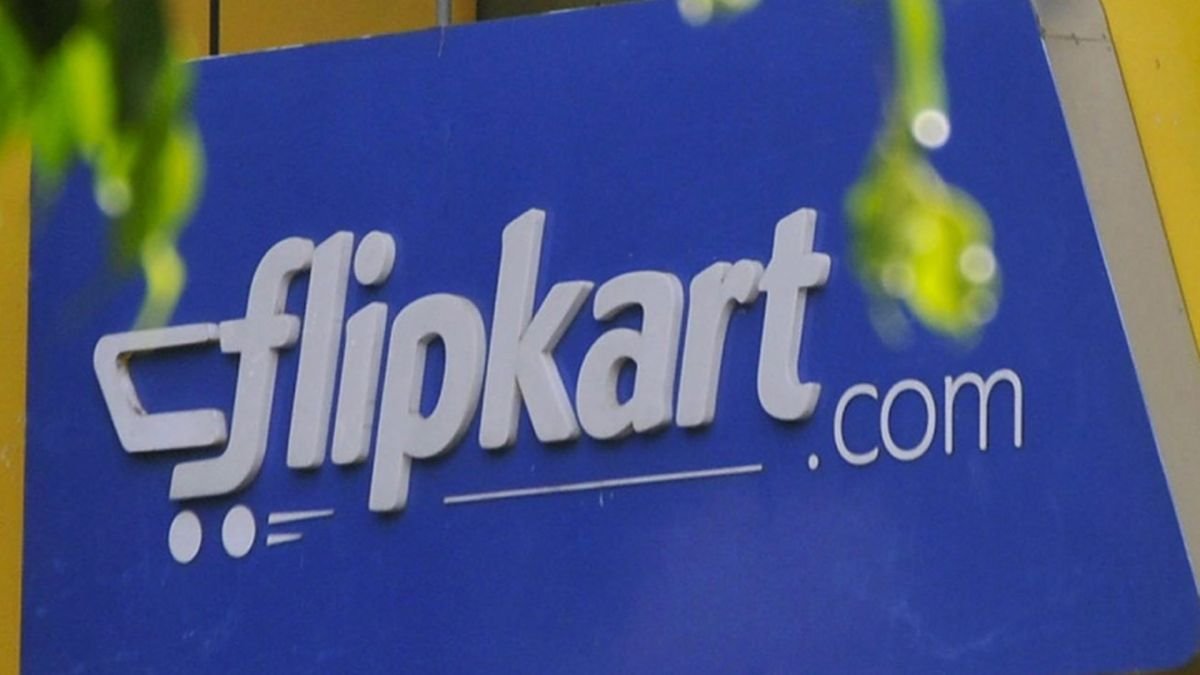

It's all happening in India's e-pharmaceutical sector. First of all, it was Amazon India that launched its online pharmaceutical store. Next, Reliance Industries was looking to acquire NetMeds, the famous Chennai-based electronic pharmaceutical company. Today, Flipkart wants to enter the e-pharma sector. The news is that Walmart-owned Flipkart is in talks with Mumbai-based electronic pharmaceutical company PharmEasy, which is also said to be in talks with another medical company called Medlife. Flipkart CEO Kalyan Krishnamurthy has held several rounds of talks with senior executives at PharmEasy, according to a Times of India report. But even if the deal with PharmEasy doesn't materialize, Flipkart would be willing to go ahead with its own team and get into the e-pharmacy business. Just as education and entertainment moved online during the lockdown, people have also turned to online counseling, medical tests, and drug delivery. There has been a huge increase in telemedicine. Several countries are trying to move healthcare delivery online, encourage telemedicine, encourage online drug reservations, and use chatbots to respond to patient requests. So there is a wave of activity in the e-pharma space. The global market for online pharmacies is estimated at €55 billion worldwide. In India itself, it is expected to reach $16.000 billion in the next five years. But growth comes in spurts, because there are strict rules for selling drugs. But the lockdown has increased the demand for drugs online. In India, healthcare startups Practo, NetMeds, 1mg, PharmEasy and Medlife are receiving special attention and have also secured funding from major players.